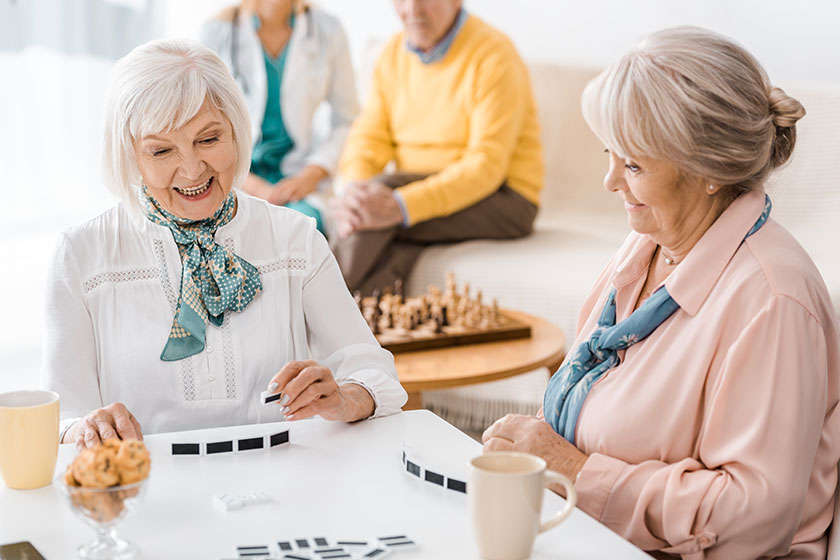Older adults with dementia must see their surroundings to try to get around them or to optimize the use of their remaining capacities truly. Adequate lighting in memory care in Lenoir, NC can help people with dementia see paths and identify signs.
Brighter Lighting
Many older adults with dementia and elder folk generally consider gaining from improved lighting within their residences– it may assist with clearing up a perception or reducing the risks of falling.
Seek to cut down glaring lights, shadows, or reflections. Lighting must keep shining brightly, even, or naturally (as far as attainable). Let in natural light over the day by ensuring that:
- Curtains stay open
- No object blocks the windows, inclusive of additional blinds and covers
- Hedges or branches get trimmed off when they are blocking light
- Lighting is essential on the stairs or within the restroom. A light switch must be accessible to turn on and utilize.
- Automatic light sensors may serve as an ideal decoration. Lights turn on instantly when a person passes a sensor.
- It may be essential to ensure that the bedroom may be turned down to a dimmer shade during the night to assist with sleep.
- As dementia tends to trend among many older adults, it’s necessary to get frequent eye tests for all problems to get treated and diagnosed.
Organic Light
- Being put in the way of organic light may help with one’s health and discerning distinctions between night and day. When drawing plans for a new building, take heed of these details:
- How the windows and room designs may allow sunrays in your residence to be entered over all seasons.
- How can light come into one’s house? Light of the day might come into a room via glass panes, glass panels, thin valves, and window
- Give some space for shades with window accessories like exterior sun shades, curtains, or blinds. Lace or plain curtains allow light rays to come in, providing some privacy and letting the person inside look out from windows with no chance of being watched from outdoors.
- Optimize the gains from the light of the day by pushing all curtains wide open during the day. Set seating areas near the opened windows so people can take in the natural light well. Having the capacity to look out at the trees may motivate people to venture out.
Man Made Lighting
- General lighting: Gives a uniform light. Usually attained by getting a range of lighting shades like downlights.
- Localized lighting: As an example, pendant lamp lights hang from the kitchen ceiling,
- Task lamps: Lamps in a small land. Often utilized for supplementing localized or official lighting. As an example, a reading light.
Effective Lighting
Man-made lighting for interiors must be kept evened out to diminish the casting of shadows.
- Ideally, there must be a range of light options for the light intensities to get moderated in the daytime (to augment natural light when in demand) and during nightfall (to offer radiant evened-out light in the area).
- Reduce the glare by factoring in the suitable types of bulbs, the volume of lights, putting on any lampshades, and the optimal utilization of surfaces with light diffusion.
- Do not apply glossy floor finishes or floor panels that may reflect light. A person with dementia might view such surfaces as moist or as mirrors.
- Avoid the use of spotlights as a light power provider, as these may lead to areas of radiant light or glare.







